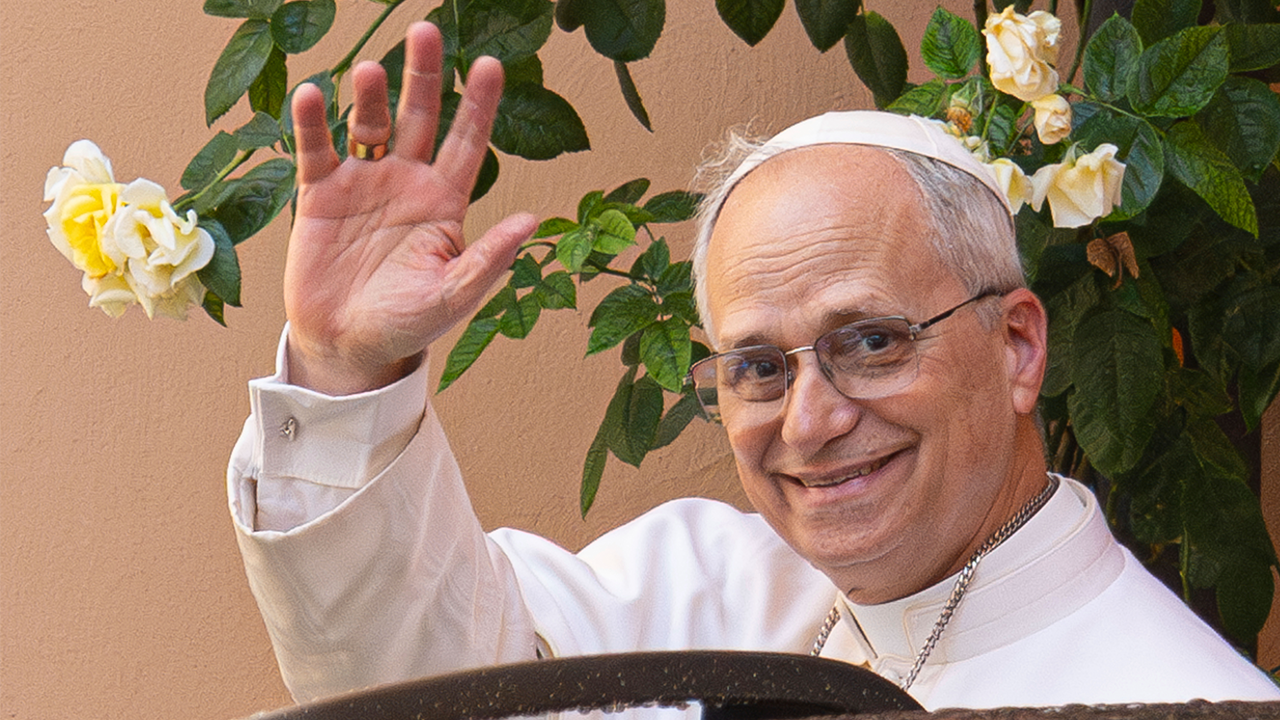The preferences that older adults have to remain in their homes as they age is well documented, but institutional support for aging in place can be difficult to find. In Iowa‘s most populous county, that support has arrived.
Polk County, which encompasses the state’s capital and largest city, Des Moines, and is home to more than 500,000 people — announced this week the rollout of a dedicated program that’s designed to help older residents age in place.
According to data from the U.S. Census Bureau, Polk County’s population of 65-and-older residents is more than 74,000, or roughly 14.4% of the population.
County officials announced the program on Wednesday, calling it “a pioneering initiative aimed at helping income-eligible seniors maintain their independence.”
It offers home renovation assistance designed to “improve safety, accessibility, and functionality for older adults within their own homes, reducing the need for relocation to nursing homes or assisted living facilities.”
Expected impact
Matt McCoy serves as chair of the Polk County Board of Supervisors. He said in a prepared statement that the program is reflective of the preferences of older Iowans and the realities that many residents face every day.
“Senior homeowners spent most of their lives in their home,” McCoy said. “This program helps keep them in their homes, so they can live with dignity and remain independent. Not only that, but it also saves taxpayer dollars in the long run. It’s a win-win.”
The program is restricted to those ages 62 and older — the same as the Home Equity Conversion Mortgage (HECM) program — and is available for owner-occupied and rental homes.
An applicant’s income must not exceed 80% of the median income as determined by U.S. Department of Housing and Urban Development (HUD) guidelines. Applicants are expected to understand that “in order to be eligible for assistance the property must be free of garbage, debris, refuse, building materials, et. Property must not be in violation of any local nuisance ordinances.”
The county said that the program is financially supported by HUD. And a local occupational therapist, Sydney Marshman of Happy at Home Consulting in Des Moines, is helping to implement the Polk County program.
“I look at the impact of this program from a multi-level place,” Marshman told HousingWire’s Reverse Mortgage Daily (RMD) when reached by phone. “For the homeowner, it allows them to age in their home and reduce the risk of having to move into a higher level of care, which can be scary for older adults. But for family caregivers, helping people stay independent in their home can have a huge impact.”
Community support
One of the measures of impact, she said, is on the community itself. Allowing people to remain in their homes and communities helps to support a lot of other community functions — including through taxes and spending on goods or services, and for the upkeep of housing stock.
“Older adults hold so much wealth in our country,” she said. “Making sure they can help support our economy and to ensure our housing stock is maintained can make a positive difference for when a home is ultimately sold.”
Marshman works exclusively with older adults to advise on how their homes “match” their capabilities. Her role in implementing the Polk County program can help guide contractors to the types of work to be performed, particularly if a program beneficiary may run into cost constraints.
“I can help guide the contractor’s skill, helping them problem solve if they face limitations on certain modifications to keep cost-effectiveness in mind,” she said. “The program provides up to $5,000 of modifications, and that might be enough for some, but not everyone.”
HUD support comes from a 2023 grant program, the Older Adults Home Modification Program (OAHMP). While a second round of funding went out last year, many local communities are starting to see some of this funding dry up.
“But what we’re really seeing is the inclusion of occupational therapists in the home modification process,” Marshman said. “It might take some digging, but connecting with such professionals to form a well-rounded team is important, particularly in community settings. If people can do their due diligence to connect with professionals, that can be really helpful.”
.png)
 German (DE)
German (DE)  English (US)
English (US)  Spanish (ES)
Spanish (ES)  French (FR)
French (FR)  Hindi (IN)
Hindi (IN)  Italian (IT)
Italian (IT)  Russian (RU)
Russian (RU) 








Comments